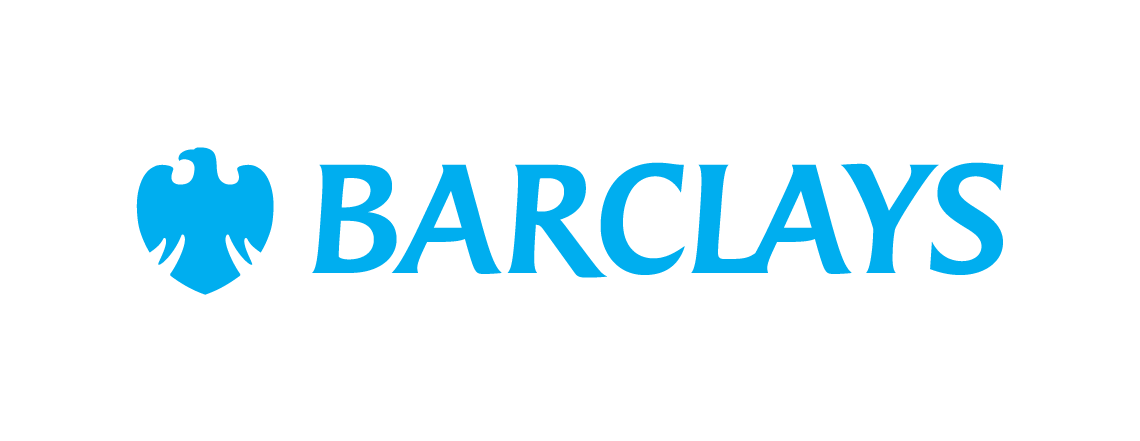Yesterday at noon eastern time the Economic Policy Institute released a report that looked at the unfair and often unpaid internship practices that help to perpetuate inequality in the job market. They followed the report up with a proposal that asked for initial federal funding of $500 million to financially support students in roughly 100,000 internships similar to the government’s incredibly popular (and overflowing) Americorps program, but with more flexibility. Like Americorps the supported positions were at non-profit organizations, but unlike Americorps the goal was to focus sponsorship on students with economic needs. This proposal in my mind should be fully supported for a number of reasons:
- The number of Americorps applicants has skyrocketed. In 2009 due to a poor economy and an increased focus amongst millenials to combine doing good with career building over 150,000 applicants applied to Americorps positions (according to a CNCS report) more than tripling applications from the year prior.åÊ With an acceptance rate at under 25% there is clearly a need (and one that is growing) for similar programs.
- The economic payoff is well worth the expenditure. Internships have become a crucial driver of the economy and job market.åÊ A subsidized internship that helps a student get educated in his/her career path, build job skills, and become a more capable future employee has tremendous long term payoff for the US economy.åÊ Not to mention the benefits accrued by organizations who could not typically afford this additional staffing.
- The social payoff is well worth the expenditure. Rather than spending government money directly on trying to address large scale social problems, supporting a work force for non-profit organizations who are individually experts in issues ranging from education, community development, and more allows for a flexible way to address a range of important social issues.
- Internships are now almost a prerequisite to the job world but are a far cry from being open to all. While non-discrimination, minimum wage, and labor laws have opened the door to more fair hiring practices, the institution of internships currently requires social capital and financial self sufficiency in a way that perpetuates inequality. As the importance of internships rises the noticeable need for a more democratized search and connection process is very apparent. Furthermore, full time unpaid internships immediately exclude students who need to be earning an income to support themselves or a family. Allowing economically needy students to be subsidized in their internships helps level the playing field for access to this important career gateway. In addition, I think organizations are going to benefit from the change as it expands the pool of possible applicants allowing student interns to compete based on skill rather than connections or a race to offer the lowest wage possible.
Looking forward to seeing how the proposal evolves — if you have any more information on the subject of unfair and unpaid internships, or economic benefits of government subsidizing of the internship experience, please send in your comments.





